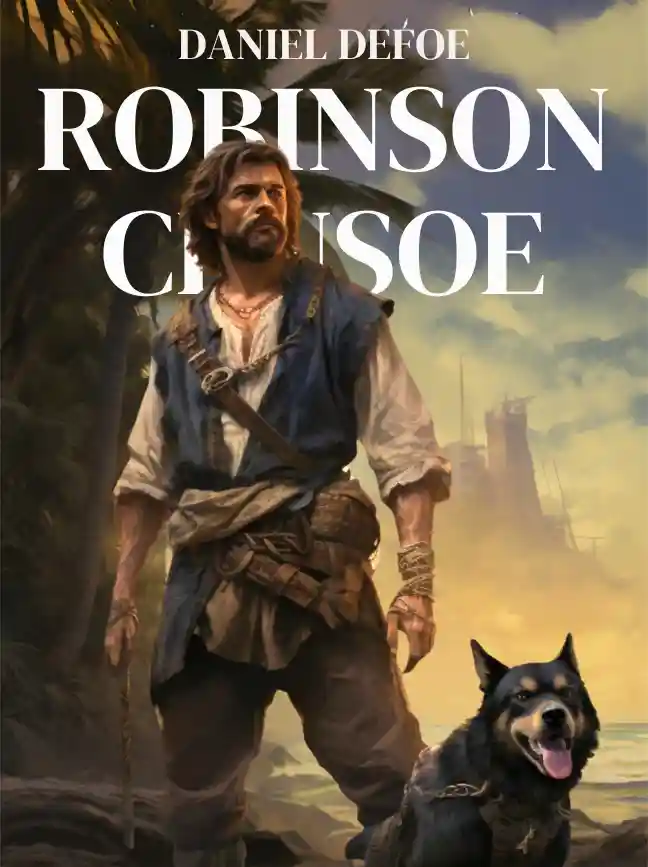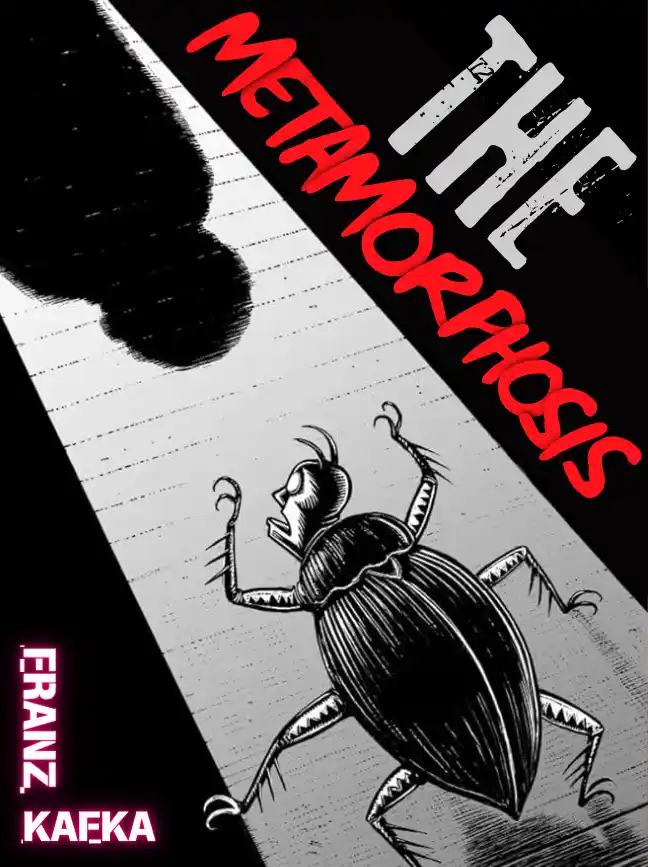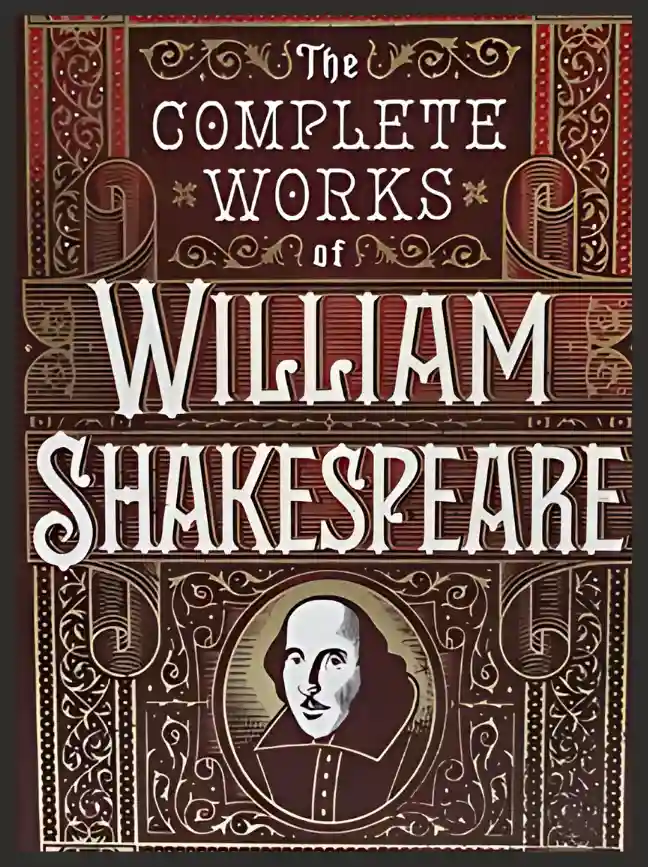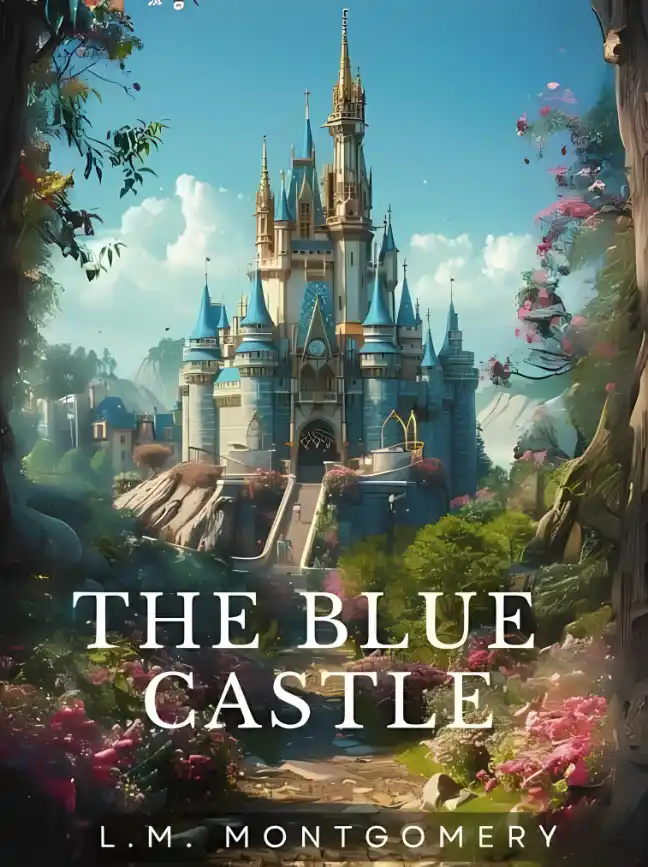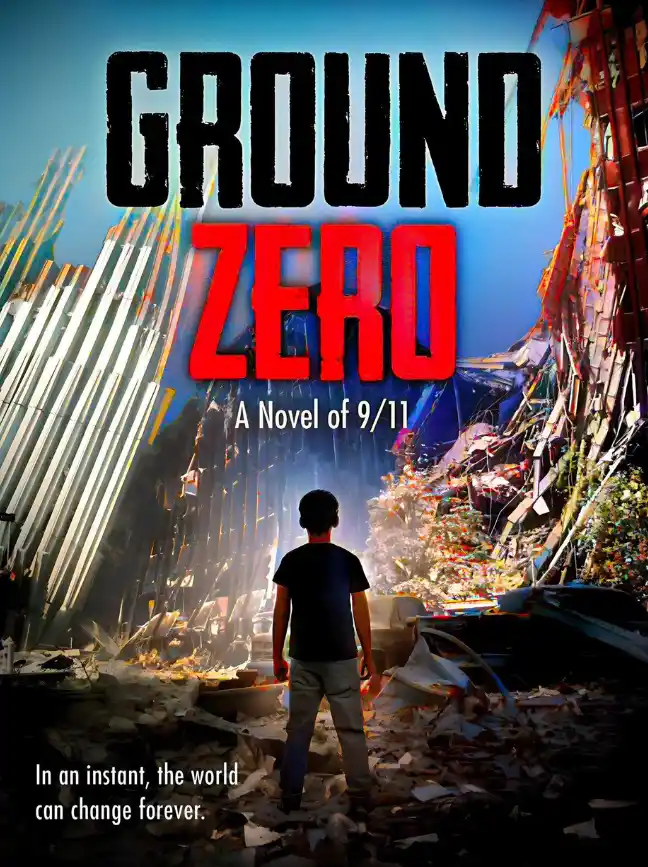W
hen I left Sarah’s place, Caleb was still on thin ice and had been forced to tell us everything he knew about Robert, Robbie, and Bo.
According to him, Bo and Cora met when they were both interning at some finance-gig. They didn’t really get to know each other until they were battling it out for a permanent position a year later. Honestly, it sounded like the start of one of Sarah’s romance novels, which only fuelled my annoyance further. I know I have zero claim over the guy, but I don’t particularly enjoy him having an enemies-to-lovers meet cute with the Antichrist.
They dated for a few years, off and on. Caleb said it seemed to be very up and down until, out of nowhere, they announced their engagement. That was just under two years ago. They were seemingly in the middle of wedding planning when, a few months later, Cora told her family that Bo’d left her high and dry. Caleb apparently never inquired further. Because he’s decidedly the worst.
Bo and Caleb reconnected by total coincidence at work this past spring. Caleb happened to have tons of information about the project that Bo had been hired to consult on that neither Sarah nor I wanted. They’ve been friends in a loose sense since—mostly meeting up at the gym, apparently, which Caleb was super vague about—and have never even talked about Cora, or the breakup.
Men are beyond strange.
Caleb had very little else to say. He had no clue about what happened to Bo’s leg, for example. Caleb said when he last saw Bo with Cora, he didn’t have a prosthesis. Then, when he started on the project for Caleb’s company, he did. He thought it would be rude to ask, and I suppose he’s right. But it means what happened to Bo was quite recent. Which, even though I barely know the guy, makes my heart ache. That’s a big, dramatic change to undergo. And Bo’s got no idea what further change is coming his way.
Could that be too much for one guy to handle? I’d understand that. I don’t even like when my manager adds a new menu item at the café.
After climbing up the six flights of stairs to my apartment, I arrive at my front door slightly winded and still a touch nauseous. My neighbours down the hall are arguing again, and the lights in the hallway flicker like a horror movie, but my apartment is my own piece of heaven. Well… it’s perhaps more like purgatory.
This apartment was the only place I could afford on my own after I left Jack, and at the time, anywhere would have suited me just fine. It was a not so perfect solution to a much bigger problem. Though I did think it would be more of a temporary solution. I definitely didn’t think I’d be here four years later. Even still, I’ve made the most of it.
To cope with the brutal Canadian winters, I’ve secured more house plants than your average greenhouse. I consider them excellent investments. A hobby, decor, and air-purifiers all in one. Well, not in one. In dozens. I keep most of them in front of the large square window that sits behind the couch that doubles as my bed. Not that I’m sleeping on a couch—it’s a pull-out.
Ha. Pull-out. Should’ve maybe tried that.
I throw my keys onto my dining table that is half-covered by towels under drying dishes and turn on the switch that works the lamp in the far corner of the room above my purple dresser. Sure, the apartment is one room plus a bathroom and less than 350 square feet. And the walls are all a little yellow from the smoker who lived here before me. And the carpeting under my couch is permanently stained with god only knows what. And I guess it would be nice to have windows that open to get some fresh air. But this place is mine. That counts for something.
It’s the first thing I ever saved up for. The first lease I ever signed on my own. The first home that I ever lived in by myself. Had complete control over.
I grab a glass of water, chug it back, and then refill it before I open the bath playlist on my phone and connect to the speaker in my bathroom. I follow the sound of Carole King’s voice, shaking off my clothes as I go. Leaving a trail behind me of handmade socks, a blue sweater, orange corduroy overalls, beige underwear, and an ill-fitting matching bra.
When in doubt, take a shower, my mother used to say. When in trouble, take a bath, Marcie would add. They were always speaking in tandem like that—little doses of life lessons piggy-backed on top of the other.
Oh, fuck. I’m going to have to tell my mom about the baby. Nope. Not thinking about that yet. First, a bath.
Well, first, several things.
In fact, most things before I tell my mother.
I’m not ever really sure how to talk to my mom about what’s happening in my life. Sometime after I turned eleven, I became more of a friend and confidant than a daughter. There was never enough space in the conversation for two sets of problems, and hers always seemed more important.
Truthfully, I think she was lonely. Other than Marcie, she didn’t really have many friends or any family. Her parents wanted nothing to do with her the moment I came into the picture, and she’s an only child. Plus, I think some people have loneliness sort of built in. It often seemed that there was not enough attention in the world that could fill that void inside her.
I worry that I only recognise that because I have it too.
And I heard what people said about her. The other parents. They’d call her brash, noisy, gaudy. They’d make jokes about locking up their husbands when she came around. But June McNulty has always been unapologetically herself. I’ve got to give her credit for that. And I do truly love her.
I could have done with fewer late-night wake-ups when she’d stumbled home from a bad date. Actually, I’d probably go back and request fewer debriefs after the good dates—that’s just stuff no daughter should really ever hear about their mother. But I know she tried as best as she could. That was her way of communicating—sharing her life with me and probably hoping I’d return the favour. I just never felt like I could. I had Marcie to confide in. She’d give me room to let my thoughts percolate, to come to her when I needed to. And she’d listen without interrupting or jumping to conclusions.
Regardless, I always knew I was loved. Even if I wanted the love from my mother delivered differently.
I light a candle and wait for the tub to fill as I wash the day’s dirt and grime off my face at the sink—seeking comfort in how my warm, wet palms feel on my cheeks. Allowing myself to take hearty deep breaths as my tea-tree face wash evaporates with the steam.
Lowering myself into the tub, I bring both hands to my stomach and stare at the area I typically avoid looking at for too long.
It’s not that I dislike my body, or my stomach in particular. It’s just that I find there’s less risk of insecurity spiking the more I act as if I don’t have a body at all.
I, like most women my age, have learned to hate myself just enough to appease others. If you’re too fond of how you look, you’re told you’ll be unlikeable. Labelled as self-involved, egotistical, or stuck-up. But it’s purposeful—pinning us against one another. Consumerism demands we remain unsatisfied with our appearance. If we all liked ourselves, dozens of industries would crumble like Babylon. We have to want a solution to whatever or however many problems plague us in order to keep those factories running. To keep money in men’s pockets.
Acne? Wear more makeup that will only make matters worse.
Stretch marks? There’s a cream for that and a more expensive one if need be.
Stained teeth? Not with these white strips! Just don’t ask what’s in them. Too fat? Here’s a diet plan so expensive you can’t even afford food.
Too skinny? Wear this bra that pushes up your tits—because you still
need massive tits.
What I realised, though probably far too young, is that some things can’t be “fixed.” There were no ten quick ways to grow more fingers magazine articles for me to read as a teen. No creams that would blur or fix or correct my hand. Just deep pockets, long sleeves, and strategic posing that kept my hand out of view. Hidden like all flaws should be.
And though it was positively mortifying at the time, I owe a lot to Marcie for calling me on the hiding. It was my fourteenth birthday party, and I had all my friends meet us at the local pool. We were taking photos together with my friend’s disposable camera when Marcie came storming over from the set of lounge chairs she and my mother had claimed earlier in the day.
“Winnifred June McNulty, what are you doing?” she roared. “Nothing,” I answered with a hefty dose of attitude.
“Baby girl…” She laughed without humour. “The rest of these girls have their hands up in the air. Two arms and two hands. You can count, can’t you? Where are yours?”
I glared over at Sarah, as if to say come get your mother, when Marcie reached between me and a friend and pulled my right arm up into the air, holding it there in a talon-like grip. “This is who you are, baby. And it’s beautiful.” She stepped back, admiring the row of us girls with a fondness that still sits lodged in my heart. “You can’t change anything by hiding it. You’ll just look back on memories and realise you tried to erase yourself. And how sad that would be.”
It was the way she said sad that hit me. That I can still hear so clearly to this day. Sad like pathetic. Which, to a teenage girl, is a blow not long forgotten.
Until then, I hadn’t realised I’d been doing it. Hiding proof of my hand, as if I could someday look back on my life and forget that I was different.
After that, I tried, bit by bit, to stop erasing myself.
It was a lot of effort at first. A lot of catching myself in the act and readjusting. Then, slowly, over time, it got easier. To the point where I didn’t have to remind myself not to hide anymore—at least on the outside.
The internal struggle was harder to kick. The awful game of comparison and shame spirals followed me through most of my adolescence and into early adulthood. I often stopped myself from trying because I was scared to fail. I was being told it was okay to struggle with simple tasks while also being fed news stories of those… overachievers.
The disabled elite, if you will.
The surfer with one arm, the mountain climber with no legs, a drummer with one hand.
And, deep down, I knew I should be proud of them. They were my community, and they were only working to erase stigma for the rest of us. But I didn’t feel proud. I felt bitter. Jealous too. Angry that they weren’t just great surfer, record-breaking mountain climber, and successful drummer. To me, they were a reminder that the world will always view me differently— put me in a different bracket—even if I landed myself on a pedestal.
I didn’t want to achieve despite myself. I didn’t want to defy anything. I just wanted to feel ordinary. To not overcompensate every day. I wanted to be bad at things and have people laugh at me because that’s life. I didn’t want pity.
And when I was great at something like swimming, I didn’t want to feel praised for what I’d overcome. I wanted to just be good.
It fucks you up, competing against low expectations. Nothing feels like a win.
But, like most people, I aged out of my insecurities to some extent. I found my own rhythm. I figured out who I was outside of the hold-ups and resentment I held. I started to build my identity in things that grew confidence. Who I was instead of who I wasn’t or couldn’t ever be. I stopped hiding parts of myself away.
Then came Jack.
Which rocked my confidence like nothing else.
Jack had wanted to be the hero in my story. At first. He’d hold my smaller hand in public but would smile at me in this way as if to say, silently, you don’t have to thank me. Truthfully, every regular boyfriend thing he did for me—the little, partially expected things like carrying bags or opening doors—was never for the purpose of being kind. It was always done with some ulterior motive. An ugly attitude that I hadn’t wanted to acknowledge for fear of it all unravelling.
I was his good deed.
He loved me in spite of; never because.
Eventually, I think, it all grew a bit too tiresome. I was incapable in his eyes. Not trying hard enough. Then he chose to become the villain. And he was good at it—I’ll give him that.
One night, late for his friend’s engagement party, I was fiddling with the strap of my heels for, I suppose, a minute too long.
“Just fucking try, Win,” Jack had yelled, exasperatedly throwing his body around. “People aren’t going to spend their lives waiting on you hand and foot. Stop being so goddamn useless.”
Suddenly, I was back to being that fourteen-year-old girl with her hand behind her back. Wishing, desperately, to change. To hide.
Attempting to become less of a burden, I plotted out my days in precise detail—ensuring I wouldn’t have to ask him to do anything for me. But he would inevitably find something to yell about.
And even after I finally left him, I still found myself grateful for Jack in my lowest, most insecure moments in the year that followed. Thankful that I had learned at least someone would want me. That I was capable of being loved.
That scared me far worse than Jack’s temper ever did. The power that I had given him to validate my desirability. The power I could give to someone else if I was foolish enough. So I decided I wouldn’t give anyone that power ever again. Not until I love myself enough that someone’s favour
—or disfavour—won’t turn the tide.
It’s taken me almost four years to get back to a place of neutrality and vague acceptance of myself. Some days, like on Halloween, I think I’m beautiful. Inside and out. Other times, I hear Jack’s voice in my head, the cruelty in his aloof, melancholic drawl, telling me how useless I am… and I believe it.
But I learned to not trust those thoughts once, and I can do it again. I’m going to have to do it again. Because what comes next is an entirely new challenge. One that will require all my confidence. The very best of me.
Tomorrow, I’ll give myself permission to try and fail. I’ll start planning and overthinking strategies for motherhood that are adaptable. I’ll begin stockpiling baby clothes with easy fasteners, researching hands-free wraps and carriers, and plan on testing strollers and car seats.
But for today, I’ll pretend that it won’t be an issue at all. I’ll let myself feel like anyone else who just found out they’re pregnant unexpectedly. I’ll
feel giddy and terrified and nervous for all the usual reasons without adding further baggage on top. I can give myself today.
Doing just that, I sink farther into the bath and daydream. Eyes closed, with my hair flowing around me like ink in water. My ears under the surface blocking out the sounds from surrounding apartments, muffling Fleetwood Mac’s “Songbird” until it’s nothing but a softened lullaby.
I imagine a small, sweet newborn laid across my chest in here with me. I think of the many baths we’ll take together. All the wonderful things we’ll do together. The sleepless nights and the tantrums and the teething and all the other things parents worry about. But mostly, I think of the good. The bedtime stories and slow, sunbeam-filled mornings. The walks to the park where we pick dandelions or skip stones at the beach. The cuddles, the warmth, and the sanctity of loving someone more than myself.
And I tell myself, over and over and over again, that I can do this. Until, eventually, I feel like it’s at least a little true.


